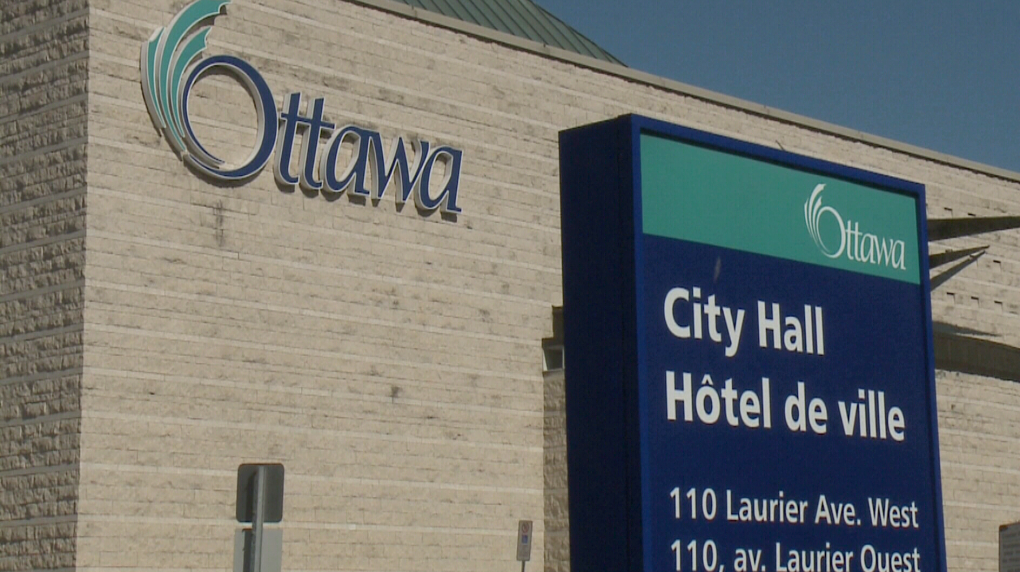
The City of Ottawa’s Vacant Unit Tax (VUT) could get tougher, with increasing penalties for properties that remain unoccupied for multiple years.
According to a report prepared for a joint meeting of the Finance and Corporate Services and Planning and Housing committees on Nov. 6, strengthening the VUT was one of the commitments the City of Ottawa made in exchange for a deal with the province to provide the city with $543 million in funding.
“Strengthening the VUT is a priority not just to support the province’s funding deal but also to ensure that housing is not underutilized during a housing crisis,” the report says. “The tax ensures homes remain occupied and unoccupied homes are returned to the housing supply.”
The VUT was implemented by council in 2022 to encourage homeowners to occupy or rent their properties to address the affordable housing crisis in the city. All revenue collected from the tax will go into the city’s funds for more affordable housing. Properties that are declared vacant for more than 184 days in the previous calendar year are charged an extra 1 per cent of assessed value on their final property tax bill.
According to the joint committee report, city staff are considering implementing a graduated VUT rate that increases by 1 per cent a year for repeat vacancies, up to a maximum of 5 per cent of assessed value. Updating property eligibility codes would also add approximately 1,200 more units to the rolls.
Staff say adding a graduated tax rate would generate up to $4 million of additional revenue.
The report says staff considered scrapping the mandatory annual declaration model but determined doing so would reduce the effectiveness of the VUT’s stated goal of improving housing availability.
“Alternative declaration models, such as a periodical or voluntary declaration model, were explored by staff, but were found to significantly reduce public awareness of the program and diminish the importance of ensuring all eligible residential properties are contributing to the City’s housing supply. Alternative declaration models would generate substantially less revenue while requiring similar administrative costs, resulting in an overall net cost to the city or insignificant contributions to housing initiatives,” the report says.
“Increased supply has an impact on market pricing, leading to affordability of homes for sale and rent across Ottawa. In addition to helping make Ottawa more affordable, the net revenues from the tax all go toward affordable housing initiatives,” the report adds.
New exemptions are also being considered, including farms, hazardous properties outside of the owner’s control, and medical care properties. The city also plans to remove the building permit requirement for one-time retrofit renovation per property and owner, if the unit is occupied within one year.
Current exemptions include primary residences, tenanted properties, and homes that are vacant due to a property sale, a court or government order, a death, an owner in care, or because of construction or renovation. Newly built homes that are listed for sale and cottage rentals are also exempt.
Property owners could also be allowed to appeal after the appeal deadline by paying an additional fee. The city is considering providing a window of up to 15 months for late appeals.
Final numbers for first year of VUT
Staff say the first full annual cycle of the VUT, including audits and appeals, is now complete. The report states that the tax has influenced property owners to occupy empty residences in the capital.
According to the report, the final count of vacant properties in 2022 was 3,673 units, nearly half of which city staff say are now occupied.
“Preliminary analysis of the 2024 cycle indicates 1,785 properties which were vacant in 2022 are now occupied, and VUT appeals are down by 64 per cent. The program successfully influences property owners to ensure that residential units are kept occupied,” the report says.
The final count of vacant properties is down slightly from the initial figure of 3,743 vacant properties that the city gave last year. The city received occupancy declarations for 99.6 per cent of the 323,182 residential properties included in the VUT program in 2023.
The first full year of taxation on vacant properties raised $12.6 million in revenue, with $10.3 million being allocated to the city’s housing long-range financial plan. It cost $2.28 million to administer the VUT program in its first year.
Property owners must declare their occupancy status every year, or risk paying the additional tax. The city opened the VUT portal last December for the 2023 calendar year, with a deadline to apply by March 21, 2024. Late declarations were accepted until April 30 but were charged a $250 penalty.